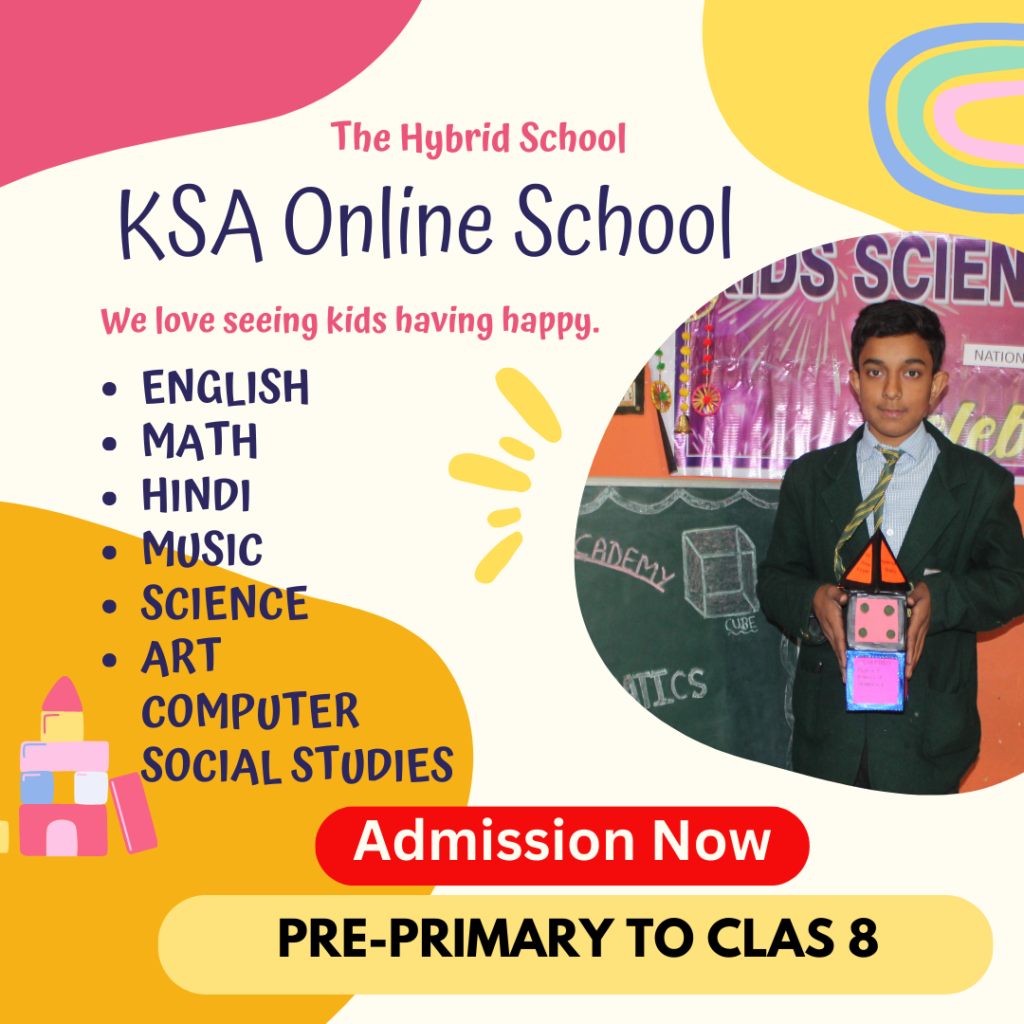Hybrid Schooling in India: Revolutionizing Education or Just a Fad?
The Indian education system, long rooted in traditional classroom learning, is witnessing a transformative shift with the emergence of hybrid schooling. This model, which blends physical and online learning experiences, has sparked both excitement and skepticism. In this blog post, we’ll delve into the concept of hybrid schooling in India, explore its potential benefits and challenges, and ponder whether it’s truly the future of education in the country.
Understanding Hybrid Schooling
Hybrid schooling isn’t a one-size-fits-all approach. It encompasses various models, each with its unique blend of online and offline learning components. Some common models include:
- Flipped Classroom: Students learn core concepts through pre-recorded lectures or online resources at home, while in-person classroom time is dedicated to applying knowledge through problem-solving, discussions, and activities.
- Blended Learning: A mix of online and offline activities are used to deliver the curriculum, with both virtual and physical classroom sessions playing an equally important role.
- Station Rotation: Students rotate between different learning stations, some involving online activities and others focused on traditional classroom instruction or project work.


Benefits of Hybrid Schooling in India
Hybrid schooling offers a multitude of potential benefits for students, teachers, and the education system as a whole:
- Increased Flexibility and Accessibility: Students can learn at their own pace and convenience, overcoming geographical barriers and accommodating individual needs. This is particularly beneficial for students in remote areas or facing challenges attending physical classes.
- Personalized Learning: Online platforms and tools enable educators to tailor learning experiences to individual student strengths and weaknesses, fostering deeper understanding and engagement.
- Enhanced Learning Opportunities: Access to online resources, simulations, and collaborative tools enriches the learning experience beyond the confines of textbooks and traditional classroom activities.
- Development of Digital Skills: Hybrid learning equips students with essential digital literacy and technology skills necessary for success in the 21st century.
- Improved Teacher-Student Interaction: Smaller in-person class sizes in hybrid models can allow for more personalized attention and interaction between teachers and students.
Challenges and Considerations
Despite its promise, hybrid schooling also presents certain challenges that need to be addressed:
- Digital Divide: Unequal access to technology and reliable internet connectivity can exacerbate existing inequalities and hinder effective implementation.
- Teacher Training and Support: Educators need adequate training and support to adapt to the demands of hybrid teaching, effectively utilize technology, and create engaging online learning experiences.
- Curriculum Design and Assessment: Designing hybrid curriculums and developing effective assessment methods for blended learning environments require careful consideration and ongoing refinement.
The Future of Hybrid Schooling in India
The National Education Policy (NEP) 2020 recognizes the potential of hybrid learning and encourages its integration into the Indian education system. However, successful implementation requires collaborative efforts from policymakers, educators, parents, and technology providers to bridge the digital divide, provide adequate training and support, and continuously improve curriculum design and assessment practices.
Hybrid schooling is not a replacement for traditional classroom learning but rather a complementary approach that can enrich and personalize the learning experience. As India navigates the evolving landscape of education, embracing hybrid models with careful planning and support can pave the way for a more equitable, accessible, and engaging learning environment for all students.
In conclusion, hybrid schooling holds immense potential to revolutionize education in India. By addressing the challenges and capitalizing on its benefits, we can ensure that this innovative approach fosters a future where every student has the opportunity to thrive and reach their full potential.
For more details Please Contact us:9627056555